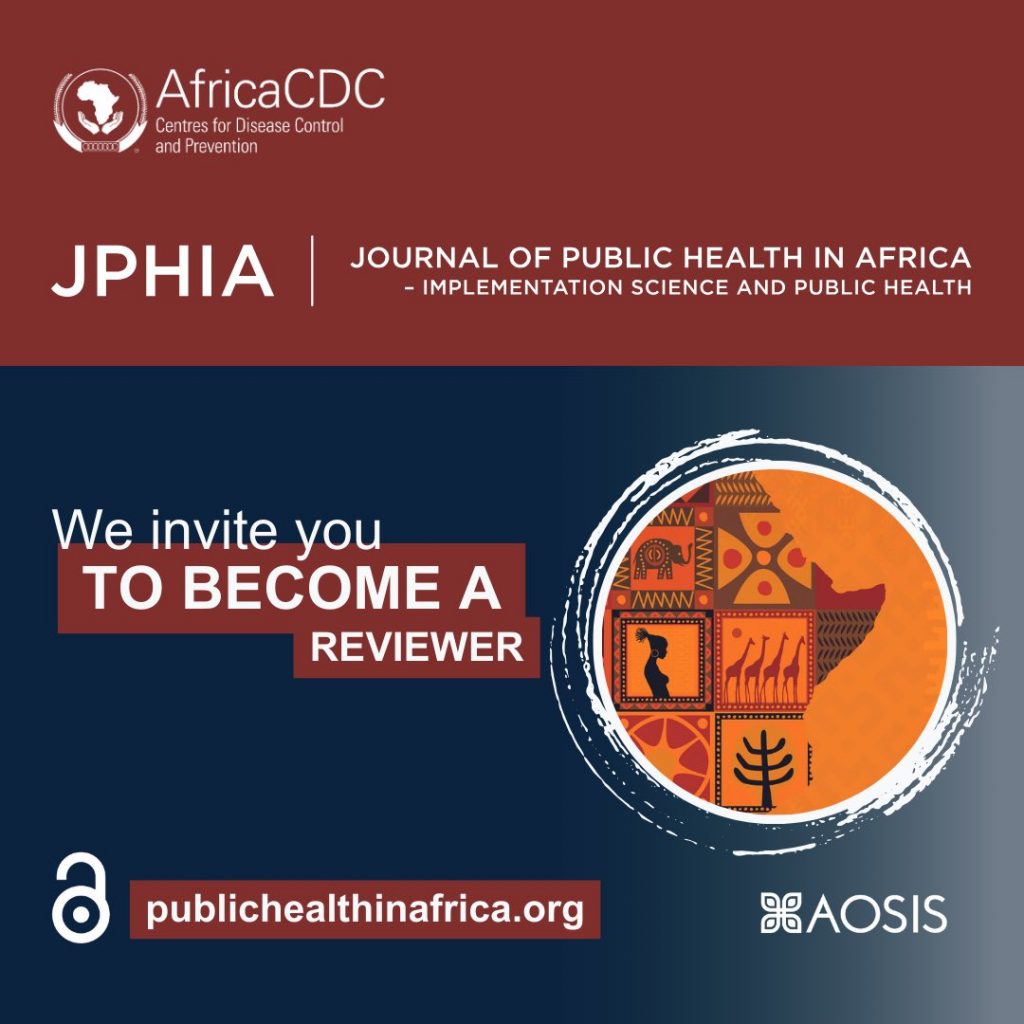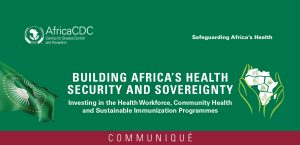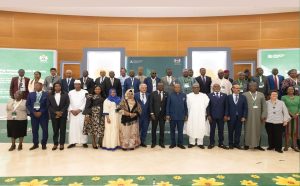Who qualifies to write for the Journal of Public Health in Africa, on what subject? That could be a daunting question for an emerging researcher or even an established one.
On July 3, 2024, at a meeting in Ghana dubbed “Building Our Own – Africanization of Scientific Excellence,” researchers sought to foster Africa-centric scholarship and promote the Journal of Public Health in Africa (JPHIA).
“The July 3, 2024 event at the National Vaccine Institute (NVI), Accra, showcased the Africa CDC Journal Public Health in Africa to the medical and scientific community across health, veterinary and environment sectors, both public and private, in Ghana,” said Professor William Kwabena Ampofo, Chief Executive Officer, NVI. “The occasion generated exciting discourse on how this Afrocentric journal would promote and disseminate top quality research including vaccine uptake, efficiency, efficacy and deployment,” he added.
Organized by the Africa CDC and the NVI, the meeting featured presentations and discussions on research priorities, the publishing landscape and barriers to publishing in Africa.
The journal became an official Africa CDC production in 2018 after reaching an agreement with its original publisher, PAGEpress. AOSIS, a publisher of peer-reviewed scholarly journals based in South Africa, now hosts JPHIA. The journal provides a subsidy of 50% of article processing charges and a scientific manuscript writing programme to support young researchers across the continent.
The peer-reviewed academic journal focuses on health issues in the African continent, and its editors seek high-quality original articles on public health-related issues, as well as reviews, comments, and more.
Africa CDC has set out to apply a methodology and tool to rank diseases and public health events, and this is an opportunity for researchers to study issues, said Professor Nicaise Ndembi, Senior Advisor Africa CDC and Editor-In-Chief of JPHIA.
Aligned with Africa CDC’s New Public Health Order, he said this has shaped a new focus on research priorities that address the continent’s unique public health challenges.
Professor Ndembi said Reduced Article Processing Charges could open doors for more scientific publications from African scientists.
Africa urgently needs more research as it is vulnerable to infectious diseases, Professor Ndembi said. Every year, 100 emergencies are documented on the continent, with infectious disease accounting for 90 per cent and zoonotic disease responsible for 70%. “No country is well prepared for an infectious disease outbreak, and Africa is worse,” he added, saying: “African scientists need more platforms to publish their findings and influence global health policies. This partnership [between NVI and Africa CDC] is a step in the right direction to ensure our voices are heard and our research is recognized globally,” he said.
As an open-access journal, Professor Ndembi said all content is available to users and their institutions without charge. Users are allowed to read, download, copy, distribute, print, search, or link to the full texts of the articles or use them for any other lawful purpose without asking the publisher’s or the author’s prior permission.
“We believe that open access promotes accessibility and uptake worldwide, serving the best interests of the professional, the scientific community, and the public at large,” he said. Dr. Loice Cushny, a leading public health expert, underscored the importance of providing African scientists with the necessary resources and platforms to publish their work. “Scientific publishing transforms isolated observations into shared knowledge, empowering us to anticipate, characterize, and combat diverse health security challenges. Rigorous research and timely dissemination are the lifelines that connect local insights to global action,” she said.







